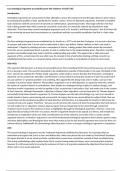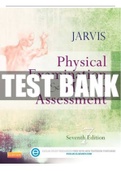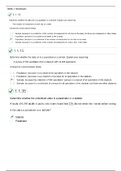Essay
A* Ontological arguments essay: A Level OCR Religious Studies
- Course
- Institution
A* essay on Ontological arguments for A Level OCR Religious Studies. Written by an Oxford Student when studying this course at A Level. Detailed and in depth. Following this example will guarantee you top marks.
[Show more]





